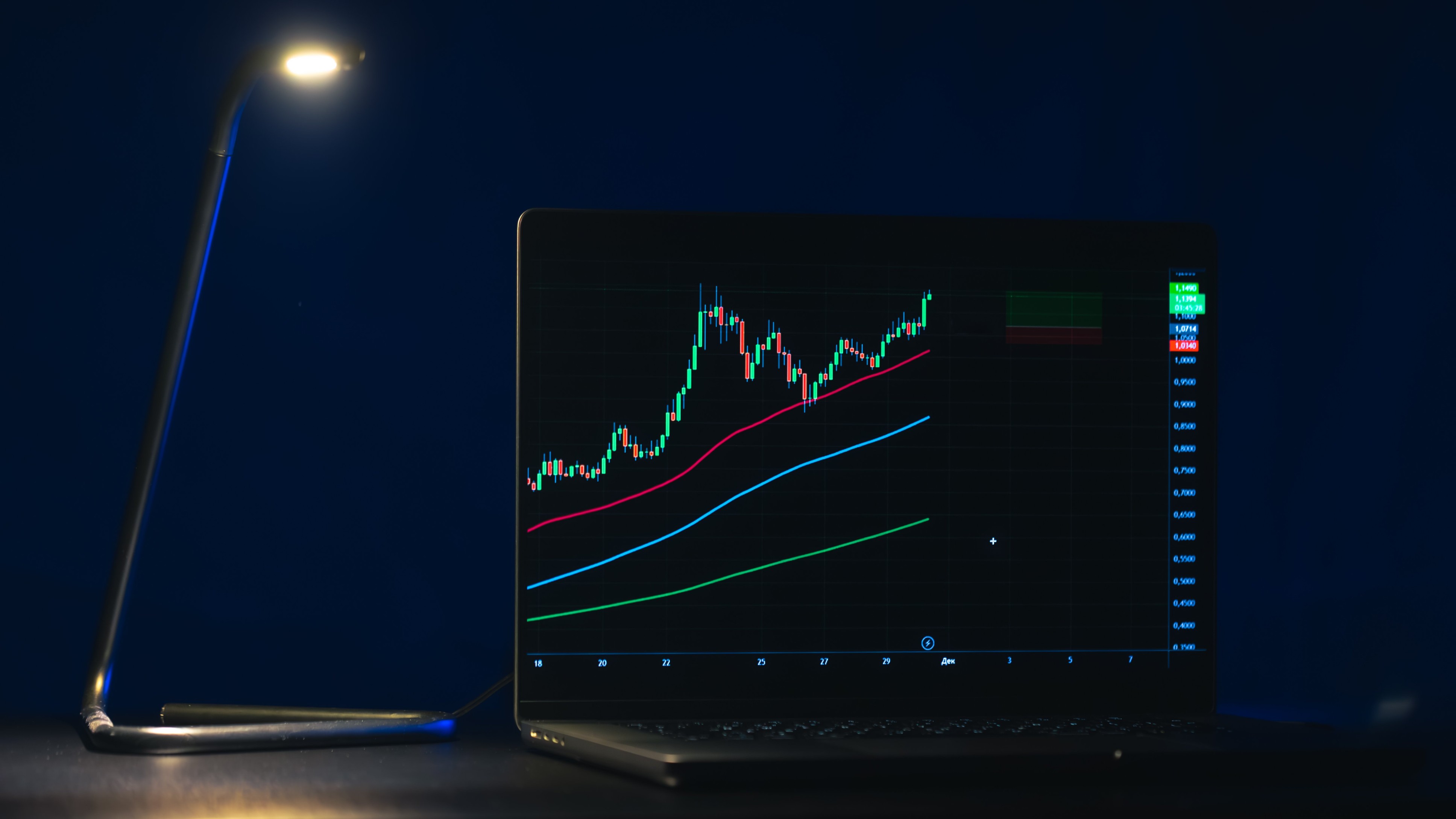(Bloomberg) -- Demand is collapsing for Japan’s sovereign bonds, with foreigners selling out and a poor showing at an auction testing the central bank’s yield curve control.
A gauge of demand at a sale of 20-year sovereign debt fell to the lowest in a decade Thursday, reflecting the pressure from rising global yields and a weakening yen. On top of that, overseas funds sold almost 2.6 trillion yen ($18.1 billion) of mostly government bonds last week, the biggest withdrawal since mid-June.
“The result is really bad,” said Kazuya Sato, a strategist at Daiwa Securities Co. in Tokyo, referring to the auction results. “The biggest reason probably is 20-year yields aren’t very high and pale in comparison with Treasuries.”
The weak demand sets the stage for another showdown between market players and Japan’s officials, three months after a speculative attack prompted the Bank of Japan to unleash a round of unprecedented buying to beat yields back below its target. It highlights how the nation’s negative-rate policy is under pressure as the Federal Reserve’s aggressive tightening sends Treasury yields soaring.
The weak demand at Thursday’s sale also pushed up longer-dated yields, which are not capped by BOJ’s policy. The so-called tail of the auction -- the gap between the lowest price paid for the bonds and the average -- was the widest since 1987, based on Bloomberg data. That’s a sign of weak demand.
The 10-year yield was unchanged at 0.25% Thursday, while the 20-year yield rose 5.5 basis points to 0.92%. That compares with 3.76% for an equivalent Treasury note.
Government bonds last came under pressure in June when foreign funds shorted them in the expectation that the Bank of Japan would be forced to tweak policy. The heavy selling pressure eased only when central bank buying dragged benchmark yields back below the 0.25% ceiling.
The yen also weakened on Thursday, a day after it rallied as the BOJ was said to have conducted a so-called rate check with a view to intervening in the market. The currency fell as much as 0.5% to 143.80 per dollar.
Japan’s currency has notched a successive series of 24-year lows in recent weeks as the central bank vows to stick with its accommodative stance while its US peer hikes aggressively.
“As the yen weakened to 140 per dollar, that may also have fueled speculation the BOJ would have to reduce stimulus if cost-push inflation pressure mounts,” said Tsuyoshi Ueno, a senior economist at NLI Research Institute in Tokyo. “The foreign selling basically is in line with investors shedding debt allocations amid the rise in global yields that included JGBs.”
All eyes are now on policy reviews by the two central banks next week, with traders betting that the Federal Reserve will deliver another outsized rate increase to widen the gap with the BOJ.
(Updates throughout)
More stories like this are available on bloomberg.com
©2022 Bloomberg L.P.

 RECOMMENDED FOR YOU
RECOMMENDED FOR YOU




